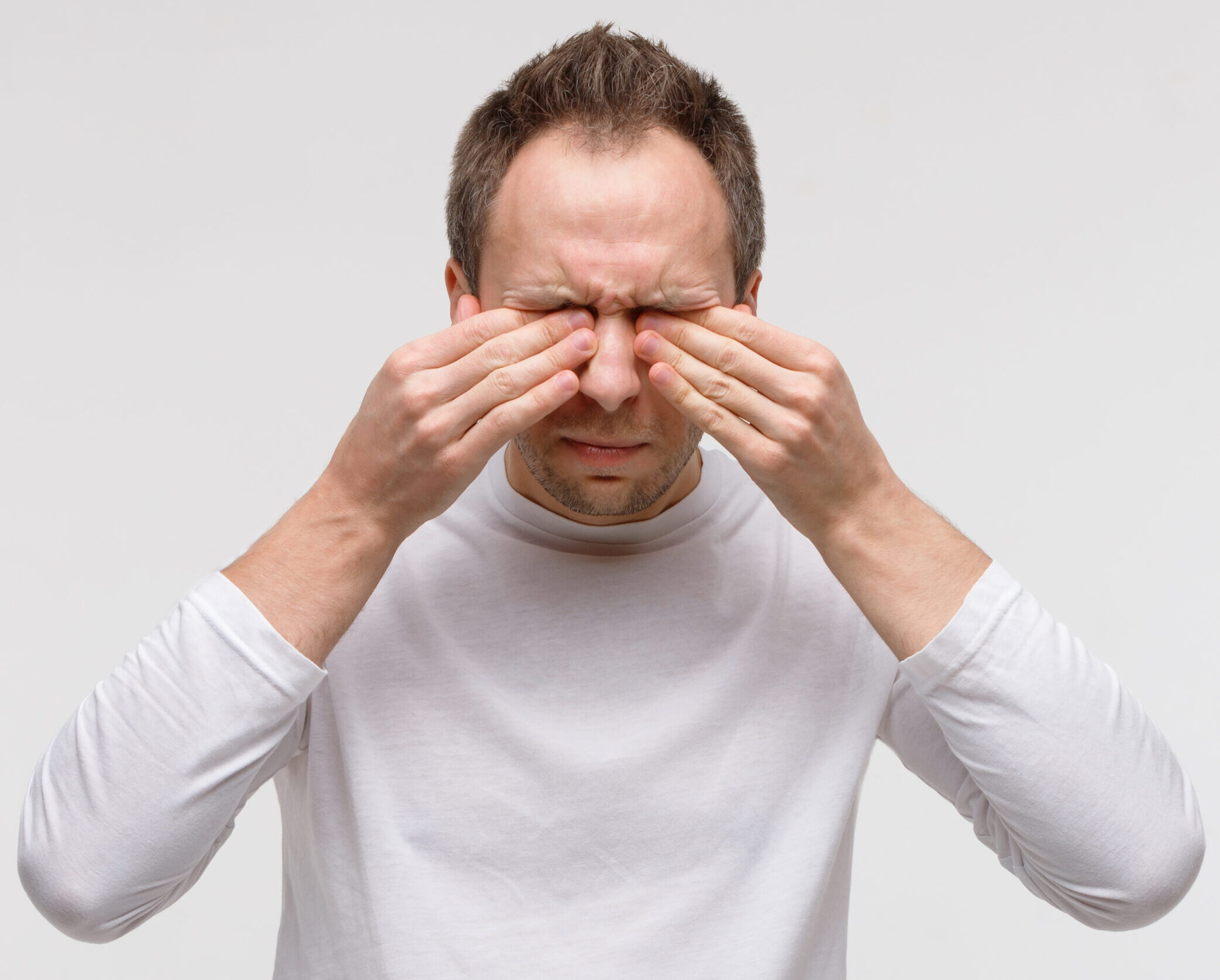Dry eye syndrome is a prevalent condition characterized by the rapid evaporation of tears from the cornea, the eye’s outermost surface. Typical symptoms include itchiness, dryness, irritation, and occasional blurry vision. Several factors contribute to its occurrence; an example includes decreased frequency of blinking that is common with prolonged exposure to computer or phone screens. Additionally, other factors that dry out tear ducts, such as dust and wind or wearing contact lenses for extended periods, can exacerbate symptoms.
Over time, dry eye syndrome has become increasingly prevalent. In recent years, dry eye syndrome has become increasingly prevalent, with a notable surge in reported symptoms during and after the COVID-19 pandemic. In 2023, up to 15% of Americans were affected by dry eye syndrome. On average, it costs over $11,000 per patient to treat and manage dry eye disease and costs over $55 million to the economy.
Home remedies for dry eye syndrome include applying warm compresses and using humidifiers at night to enhance the moisture levels in the air. This may be especially beneficial in areas with cold, dry weather. Incorporating dietary changes to include more omega-3 fatty acids is another natural approach that may help improve symptoms. Additionally, research suggests a significant association between dry eye and vitamin D deficiency, emphasizing vitamin D’s role in reducing inflammation at the surface of the eye and strengthening the tear film, which covers the cornea to protect it and prevent the eye from drying. Both are readily accessible through diet as well as supplements.
Staring at screens for a long time without breaks can lead to dry eye syndrome.
Image Source: bymuratdeniz
The severity of dry eye syndrome symptoms can vary depending on its underlying causes. While some individuals may experience temporary symptoms lasting a day or two, others may find that dry eye syndrome is a persistent issue. For some people, dry eye syndrome could even be a side effect linked to other medications they are taking or treatments for other medical conditions. Nonetheless, in cases of more severe and prolonged dry eye syndrome, it is advisable to seek professional medical advice. Healthcare professionals can offer guidance and explore alternative treatments, such as prescription eye drops including steroids or artificial tears. Consulting with a healthcare provider ensures effective management of the condition and improves overall outcomes.
Featured Image: © DimaBerlin / Adobe Stock










